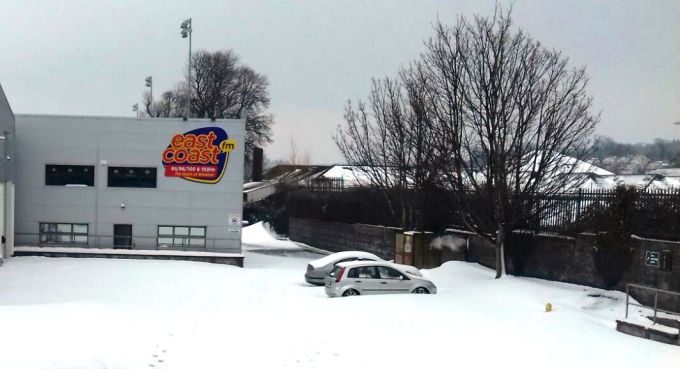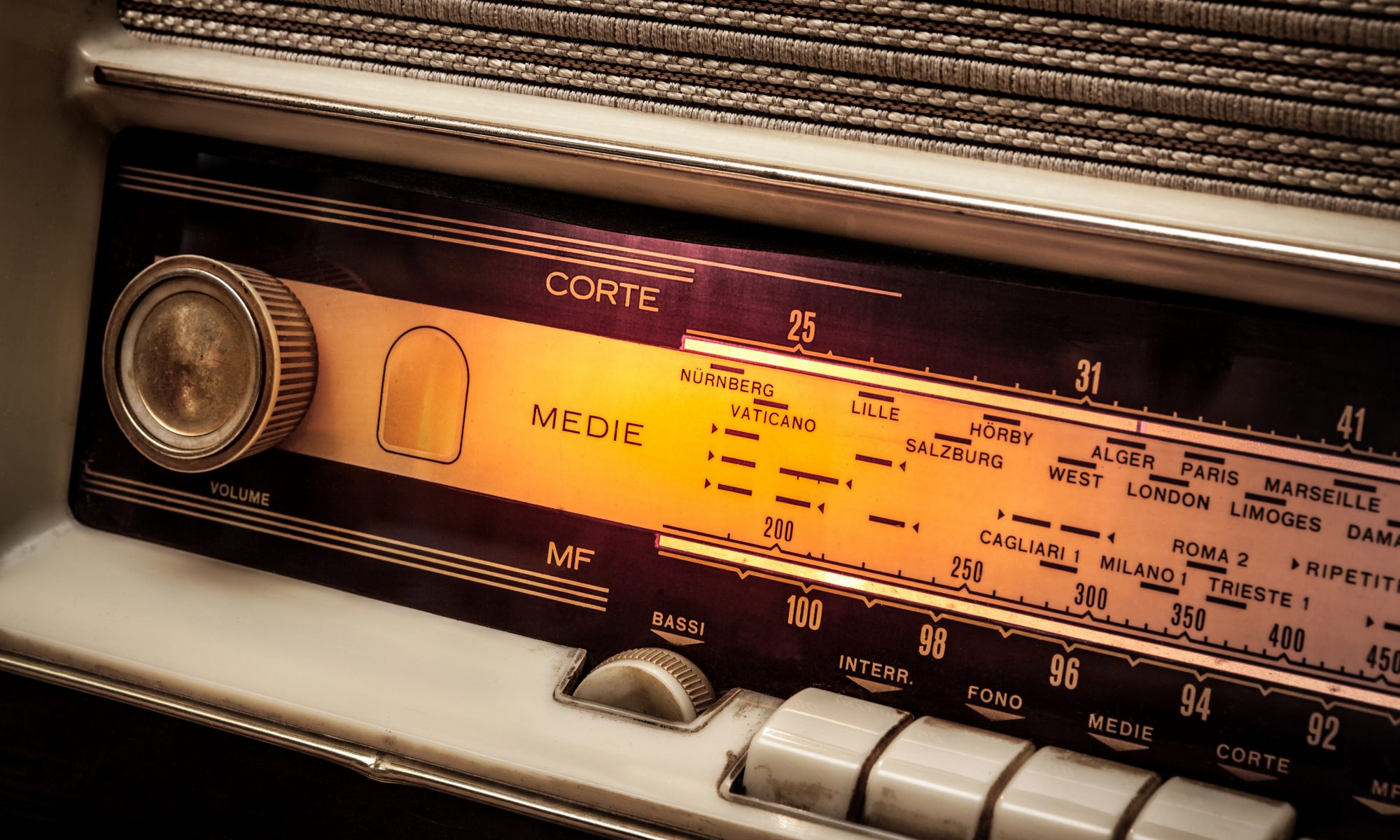By the autumn of 1989 I was pretty despondent about radio, having filled my teenage summers with pirate bliss only to see it snuffed out when the sector was finally regulated. There were a lot of unemployed former pirates in Dublin in 1989, most of them older and more experienced than me, and getting work on the one licensed station in town proved impossible. Instead I looked ahead to college a few weeks later where I had opted to study languages, my other great love along with radio. In fact, at the last minute I had switched from Communications in favour of Irish. Perhaps I sensed that the future of radio would be uncertain, although at the time the Irish language was hardly a lucrative employment prospect either. As my friends migrated to the safer havens of engineering and accountancy, I opted for what I was interested in regardless of the economic outlook and hoped that I would get work anyway.
Getting to college meant commuting and I envied my classmates from outside Dublin who had their own grim bedsits in Rathmines near the university. I stayed with them as often as I could, imagining how much more exciting Rathmines would have been if the pirates had survived (my favourite station Capitol/Nitesky 96 had been located on Rathmines Road). There was precious little choice on radio in Dublin in the autumn of 1989. Apart from the three national RTÉ channels and the independent national Century Radio, the city had just two stations of its own: Capital Radio (now FM104), the first licensed station to come on air in July (not be confused with the legendary Capitol of old) and Classic Hits 98FM which began broadcasting in November. As neighbouring counties got their own stations in the autumn, there was some spill-over into Dublin, particularly from LMFM in Louth and Horizon Radio in Wicklow. Apart from one or two defiant pirates, that was it: six licensed stations in Dublin, with spill-over from a few more.

Irish was the main language I was studying at university – I had always loved it and learned to speak it as a teenager. In Dublin at least, the pirates had paid little or no attention to Irish because in the pre-regulation era, they didn’t have to. In his 1988 book Radio Radio, Peter Mulryan reports that the Irish language organisation Conradh na Gaeilge considered opening its own station in the 1970s. However, apart from intermittent use by some community or political broadcasters, Irish was absent from the pirates and my skill had been no use to me. All changed in 1989, as the new legislation obliged broadcasters to include Irish in the schedules, along with an array of other requirements. Although the provisions were (and remain) poorly defined, broadcasters could no longer ignore the language entirely.

Horizon Radio (94.9 FM) emerged from Bray Local Broadcasting (BLB), one of the leading lights in community radio during the pirate era. Although broadcasting under a standard local commercial licence, Horizon maintained BLB’s community ethos and broadcast considerably more programmes in Irish than other stations. Listening across the bay in Sutton where the signal boomed in, it dawned on me that Irish could be the passport to my return to radio. I contacted Rónán Ó Dubhthaigh, the presenter of Irish language programmes (and a future manager of Raidió na Life), and got involved as a volunteer, contributing reports and arts and book reviews. The studios were located in a Victorian house on Quinsboro Road in the town centre and were the same premises as those used by BLB which I had visited a few years previously. One of my earliest broadcasting experiences was with the Wicklow pirate WLCB so it was good to be back on air again in the Garden County.
As the college year ended I went to Bray more often and took up occasional work as a researcher and fixer on the current affairs programme ‘Evening Edition’. It was a far cry from plagiarising the news from 2FM, as I learned how to deal with the Garda Press Office and the local emergency services. I also lined up guests by phone and ripped scripts from the syndicated national and international news service provided by Century Radio, which arrived on a single clunky computer terminal. I had plenty of broadcasting experience already, but this was training on the hoof in news gathering and journalism. Having come from the pirates, I was well used to doing several jobs at once and there were ample opportunities for multitasking at Horizon also. But this time I was working in a more professional environment with people who specialised in local news and it was an invaluable experience which stood me in good stead for the future.

Horizon couldn’t resolve the tensions between its community roots and commercial licence and by 1992 it had merged with the south Wicklow station Easy 103. Due to the shameful failure of the government to licence community radio in 1989, a decade of experience built up by BLB was lost and there has been no community station in Wicklow since then. The station eventually became East Coast FM which holds the county licence today, broadcasting on four FM frequencies to cover the difficult Wicklow terrain. The studios have long since moved out of the cramped premises on Quinsboro Road and East Coast has become a successful and listenable local station with plenty of experienced broadcasters including Declan Meehan. By an interesting twist of fate, my cousin Hugh O’Farrell-Walsh works at East Coast as a journalist and newsreader. I was never involved in Wicklow radio for very long, but my short stints there were milestones in my early radio years so it’s good to know that someone else in the family is now earning his crust from radio in the county.
There are only a few recordings of Horizon Radio online. If anyone wants to share any station material or memories, get in touch!
